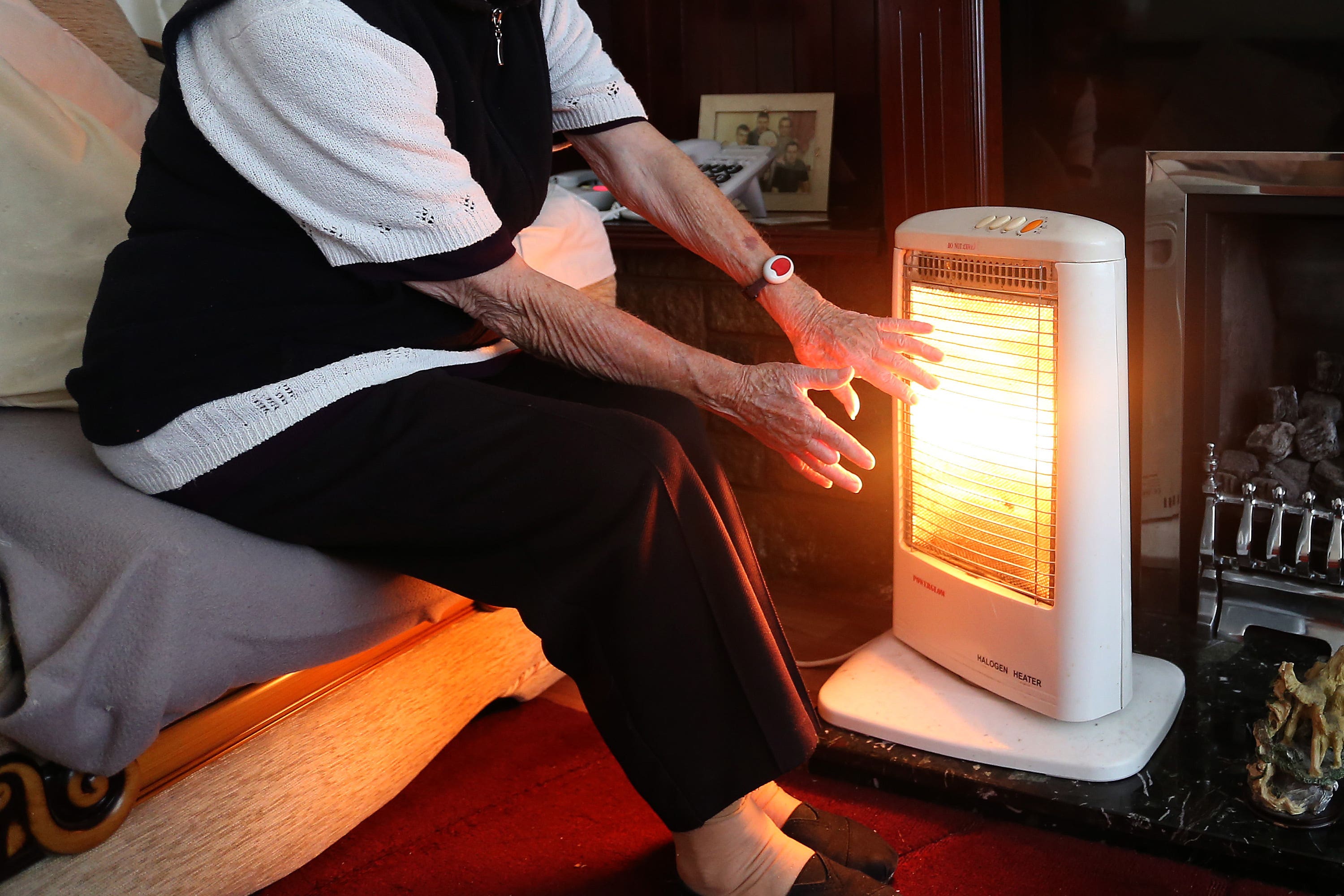We need more targeted support over energy bills
The government’s extension of the energy price guarantee is welcome – but it is not enough, argues James Moore


Critics of the government’s energy bill support measures have long focused on the lack of targeting, with the barbs coming from both the left and the right. The Institute of Economic Affairs, for example, has described the energy price guarantee as “middle-class welfare”.
However, there was little enough time for subtlety when the scheme was launched at a time when some forecasts were suggesting average annual bills could smash through the £5,000 barrier.
The government had to move fast and its various schemes, while horribly expensive and offering the most benefit to the richest according to the Resolution Foundation, did at least come with the payoff of limiting damage to the economy. However, the problem with the government’s approach is looking increasingly glaring.
As expected, the energy price guarantee is being held at £2,500 for another three months. After that, the Ofgem default tariff price cap is expected to fall below that level so it will no longer be needed.
Chancellor Jeremy Hunt’s decision to free up the cash to hold the line is good news for households struggling with bills. But they will still have to cope with an increase. The earlier energy bills support scheme, which saw £66 paid to consumers’ energy accounts each month, will come to an end as planned. They’ll have to make up the difference.
Those on prepayment metres – which as a group tend to be poorer and more vulnerable – will receive a partial cushion. Their average yearly bills will come down by £45, bringing charges in line with those who pay by direct debit. A ban on forced installation is being extended too.
But that won’t be anything like enough to cover them against the rise due in April. When your household budget is already dipping into the red, how do you find an extra £66 a month?
True, energy bills ought to be lower in the second quarter of the year because it ought to be warmer. But the weather will do what it will. March has been unusually chilly. It is perfectly possible to experience cold snaps into April, even May.
This is a much bigger problem than it might appear. Sarah Coles, head of personal finance at Hargreaves Lansdown, points out that 48 per cent of people are finding it difficult to pay their energy bills – rising to 54 per cent among those aged in their Thirties and Forties. More than one-in-20 have fallen behind on bills. This rises to one-in-seven among the bottom 20 per cent of earners.
Fuel poverty is becoming an epidemic. Millions of people are coming down with it. Heat or eat? With food price inflation running at 17 per cent, what if you can’t do either? What about people with disabilities for some of whom that dilemma is heat, eat, or ventilate?
Peter Smith, director of policy and advocacy at National Energy Action, says the case for additional targeted support for the most vulnerable was now “urgent”. And he is right.
Even with the government’s move, he pointed out that bills have still doubled since the start of the crisis and there is little room for most people to contemplate action to improve the energy efficiency of their homes. Britain is the least energy efficient in Europe. Action on this front would help protect the country from a repeat of this.
But the most glaring problem is the fact that millions of pounds are still being spent subsidising the bills of the richest households, while others struggle.
The government has had time to address this issue. It has instead opted to let the poorest Britons take this one on the chin. It has made an unconscionable political choice.






Join our commenting forum
Join thought-provoking conversations, follow other Independent readers and see their replies
Comments